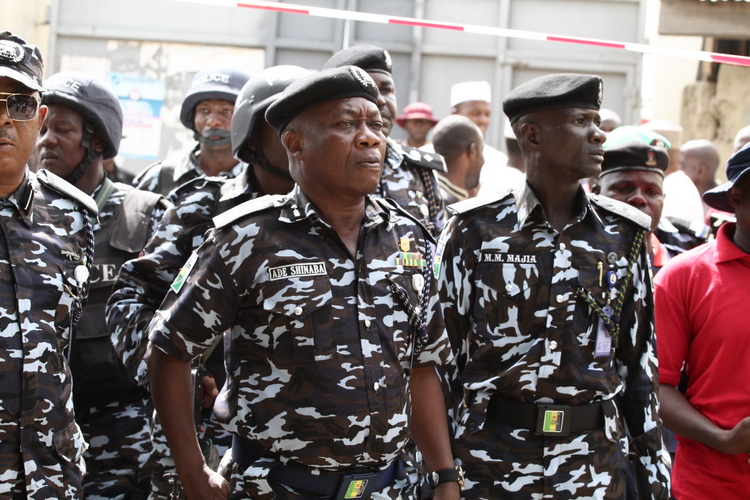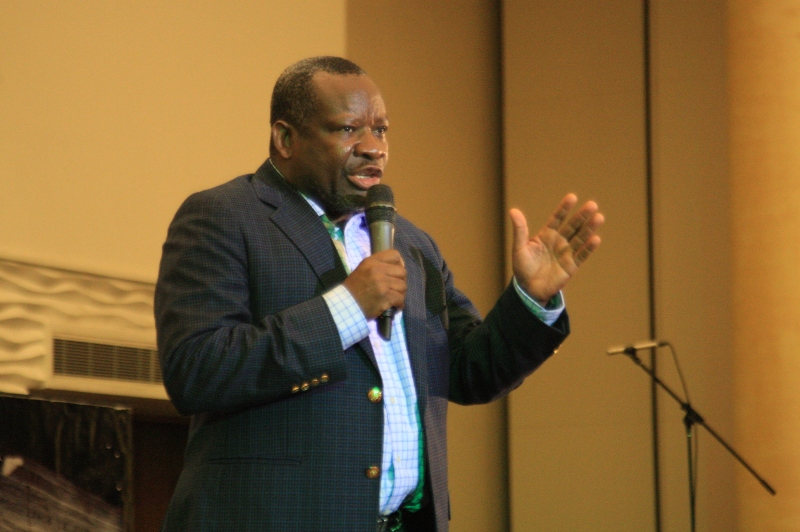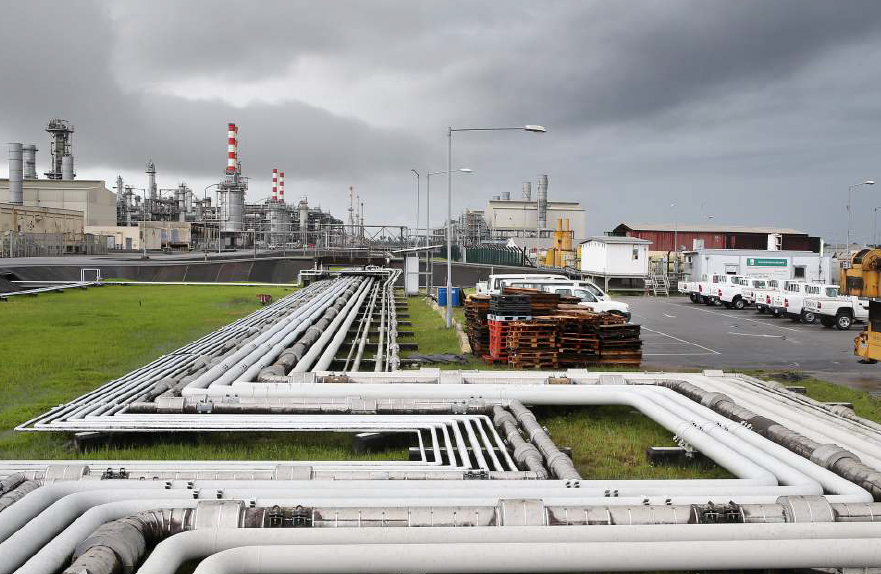For anyone who has experienced excellent policing outside of Nigeria, it’s always a great desire to see the Nigerian police advance to a stage worthy of positive reference in relevant quarters globally.
And if the common saying in Nigeria that “Police is your friend” is a universal cliché to emphasise the police’s occupational obligation to truly serve as good friends of the citizens, there is no other place where those words hold truer than the UK. I know that much.
The British police can be deemed largely as friends in many ways. They are genuinely committed to the professional dictates of the force: the safety and well-being of all without prejudice to one’s creed and background amongst others.
While this is not suggesting that all Her Majesty’s police officers are without blemish as there a few bigoted ones in the ranks, the exemplary undertakings of the majority of them have paled the odd ones to insignificance.
Advertisement
Instructively, community policing and alternative dispute resolution (ADR) methods are two of the workable strategies the British police has adopted to astonishing effect in maintaining peace and order in their society.
While Nigeria’s immediate past inspector general of police, Mr. Solomon Arase made a staunch case for community policing when he launched the initiative in his time, an incident I witnessed recently makes a robust case for the adoption of ADR approaches by the Nigerian police.
A good friend and business associate, Dare Olaniyan, asked me to accompany him to the “best police station in Nigeria” referring to Ilupeju police station, Lagos to meet up briefly with a lawyer-friend who was visiting the police station on behalf of a client.
Advertisement
Dare knew I would be hooked on the “best police station in Nigeria” bait used in his invite.
Really who wouldn’t want to see the best of the Nigerian police with all the bad details that have largely characterised its existence?
I promptly obliged. On our way I started feeding Google with queries to know more about the police station, criteria used to rank it as the best, those behind the ranking, the year(s) the assessment was conducted etc.
Interestingly, the results of my queries showed that the station was indeed rated as said by my friend.
Advertisement
Having been listed previously at the top by considerably reputable entities like CLEEN foundation and Altus Global Alliance, the 2013 audit conducted by the National Human Rights Commission (NHRC) on the activities of the Nigeria police, which is the most recent of the findings, placed the station in second position after Karu station in Abuja as the top in the country.
The assessment was based on the activities of the stations across the country in the areas of community orientation and engagement, security and equal treatment of the public, station environment, disposition of the officers, transparency and accountability, and detention conditions amongst others.
Truly, the Ilupeju station looked cleaner and more organised than the other stations that I had seen in the country. But I wanted to get more from the place as I didn’t want to judge the book just by its cover. So I got more interested in the case that brought my friend’s lawyer-friend to the station.
The lawyer was representing one of two estranged friends (Aaron & Bill here for privacy sake) who had brought a criminal case against the other to the police.
Advertisement
Aaron (the lawyer’s client) had reported Bill for stealing his valuable personal items when Bill was packing out of Aaron’s apartment that he (Bill) had lived for eight years for free.
Aaron had claimed that Bill had packed out when he (Aaron) was out of the country and had left with his (Aaron’s) valuables without leaving his (Bill’s) new address.
Advertisement
So Bill was invited to the station, interrogated and was made to write a statement on the matter.
Following further investigation into the case, the investigators got a search warrant so Bill’s new address could be combed to ascertain facts before further legal action.
Advertisement
From the search, it emerged that Bill was illegally in possession of a few items belonging to Aaron which were sufficient evidence for prosecution. Bill was promptly detained.
At this point a community leader who knew the two friends before their animosity approached the Divisional Police Officer (DPO) of the station, Mr. Adedeji Adefolarin to seek a resolution of the case without getting to court.
Advertisement
Adefolarin, who had been thoroughly briefed on the case by his competent officers which include Inspectors Bisi and Oyewo, called the complainant and the accused to a conference space.
Apparently deploying his excellent knowledge in the force and conflict resolution, Adefolarin told Aaron that he believed he (Aaron) had a convincing case against Bill.
But he reckoned that the issue of the items wasn’t the main reason Aaron wanted to take a legal action against his former pal.
And before the DPO could finish his profound homilies Bill was already on the ground prostrating and begging Aaron for forgiveness for all the wrongs he may have done him.
While the police boss immediately told Bill to stand-up, Aaron accepted Bill’s plea and all was over.
This interesting encounter to me is a valid example of how ADR can be effectively utilised, not just in industrial disputes, but also in other critical individual conflicts.
Essentially, it justified ADR processes as faster and less adversarial and capable of achieving better outcomes for conflicting parties than that offered by litigation processes.
And as the new IGP, Ibrahim Idris works to inspire better performance of the force, the ADR method will be an invaluable addition to others in his kitty for the huge assignment.
Of course, brilliant and tested mediators like DPO Adefolarin, his officers and that community leader deserve enormous credit for pulling off that resolution in Ilupeju.
Nigeria could definitely use more people like them.
Views expressed by contributors are strictly personal and not of TheCable.







